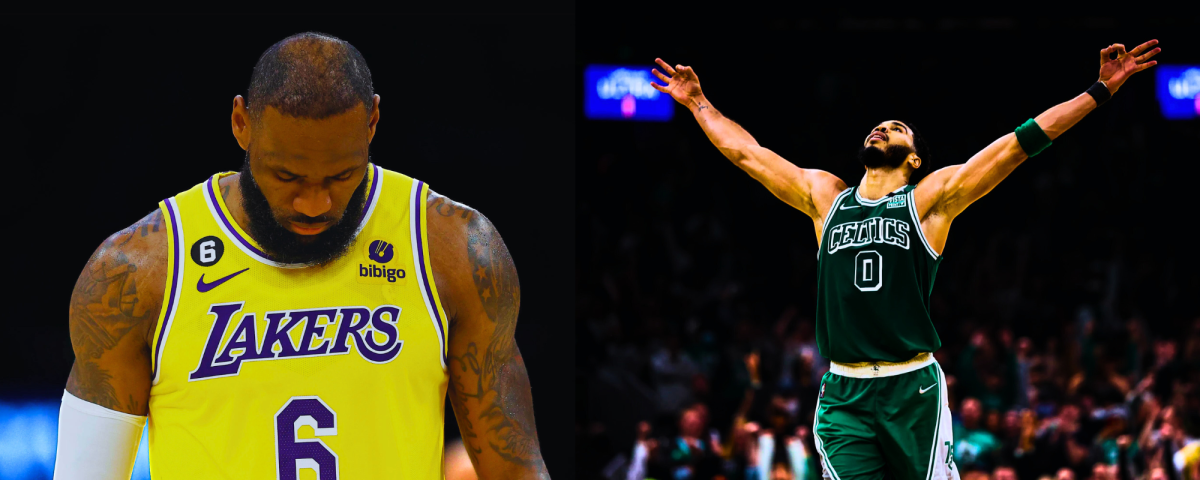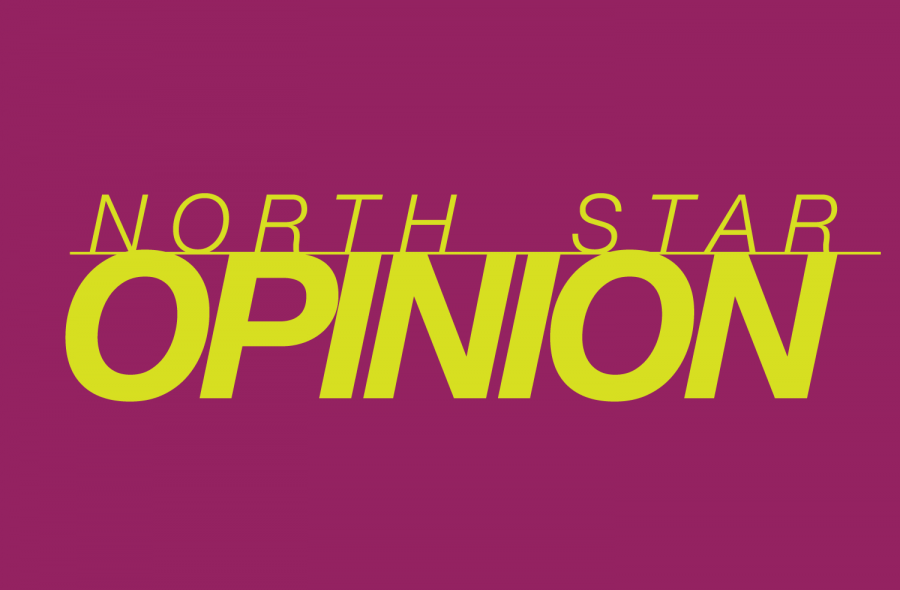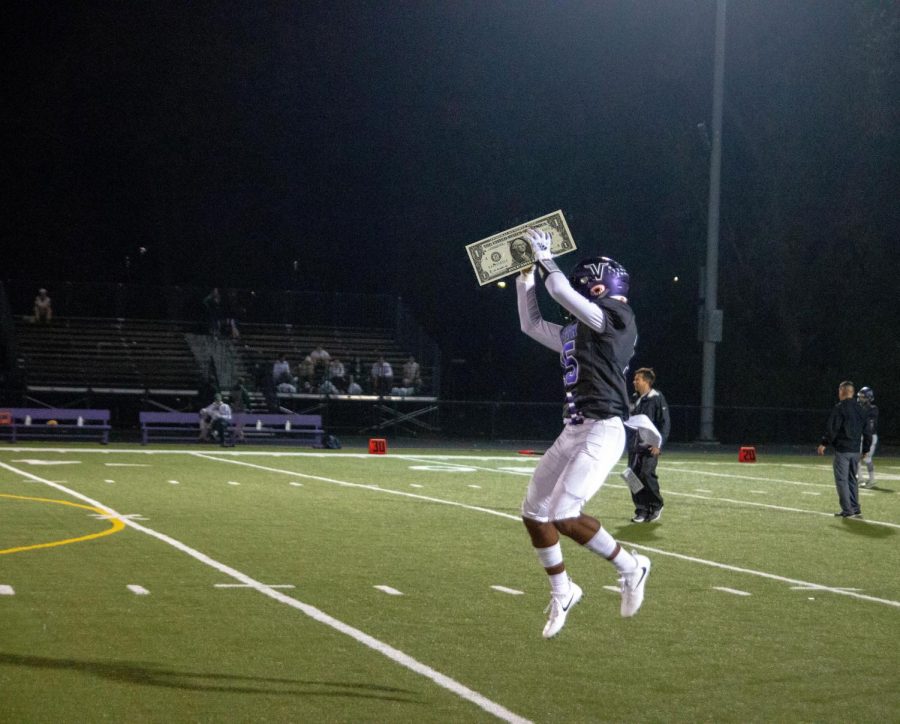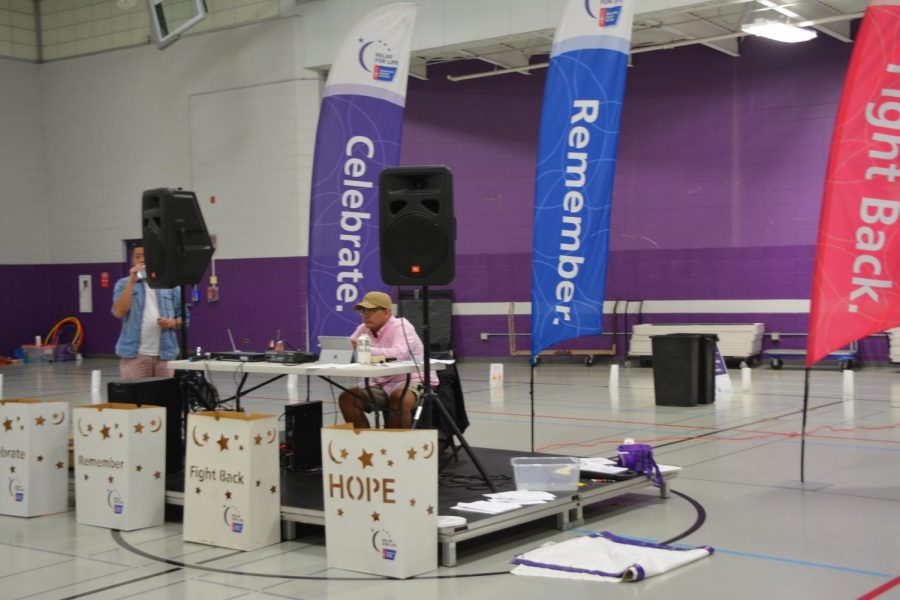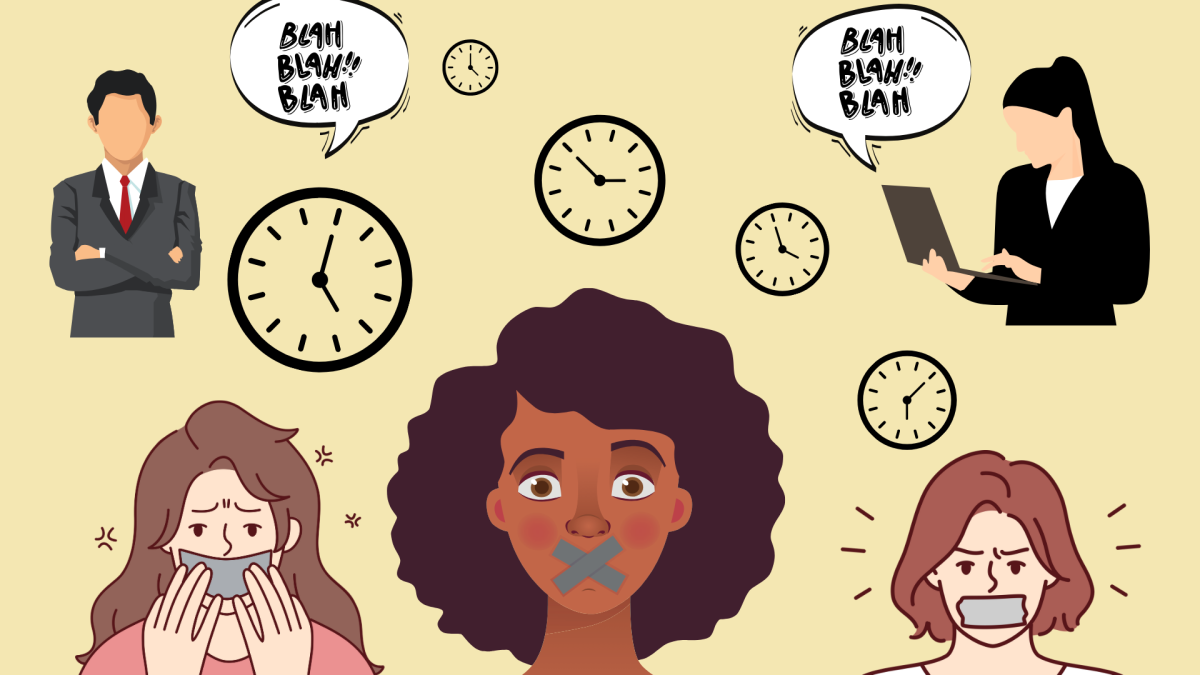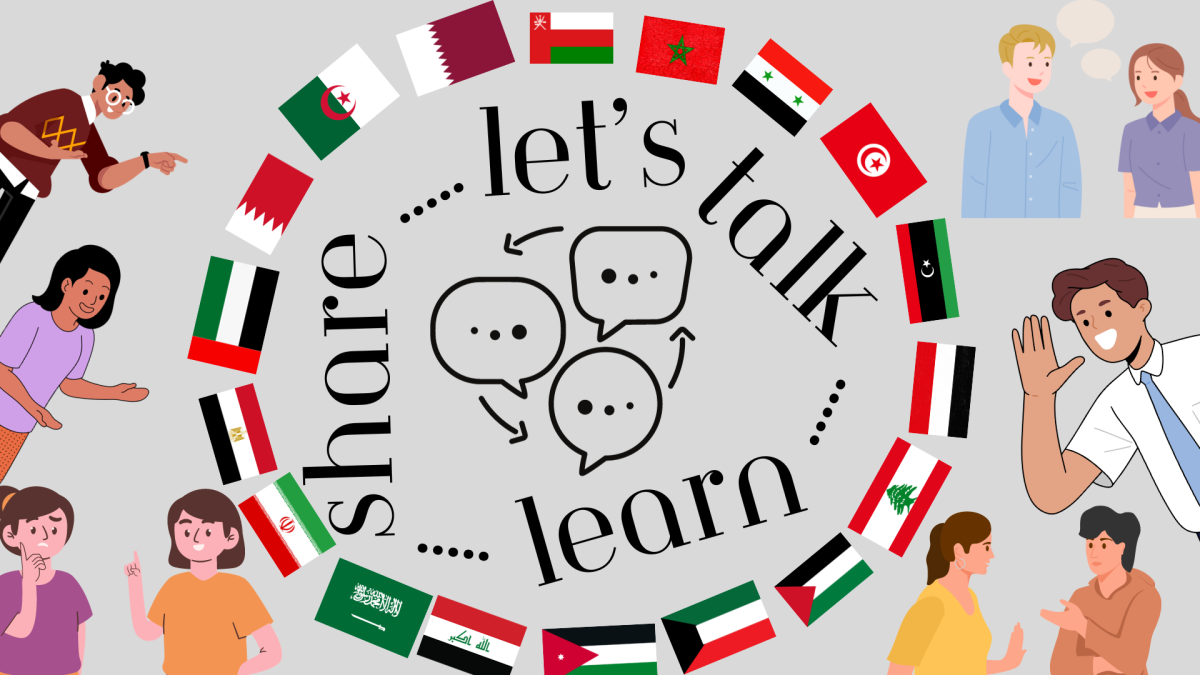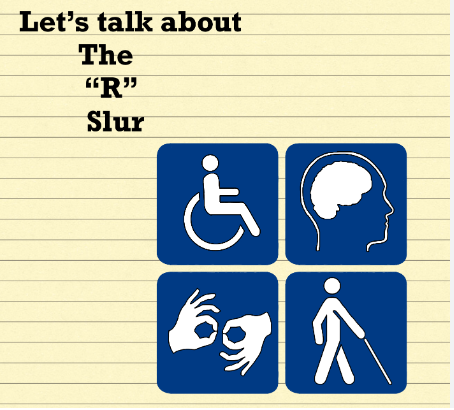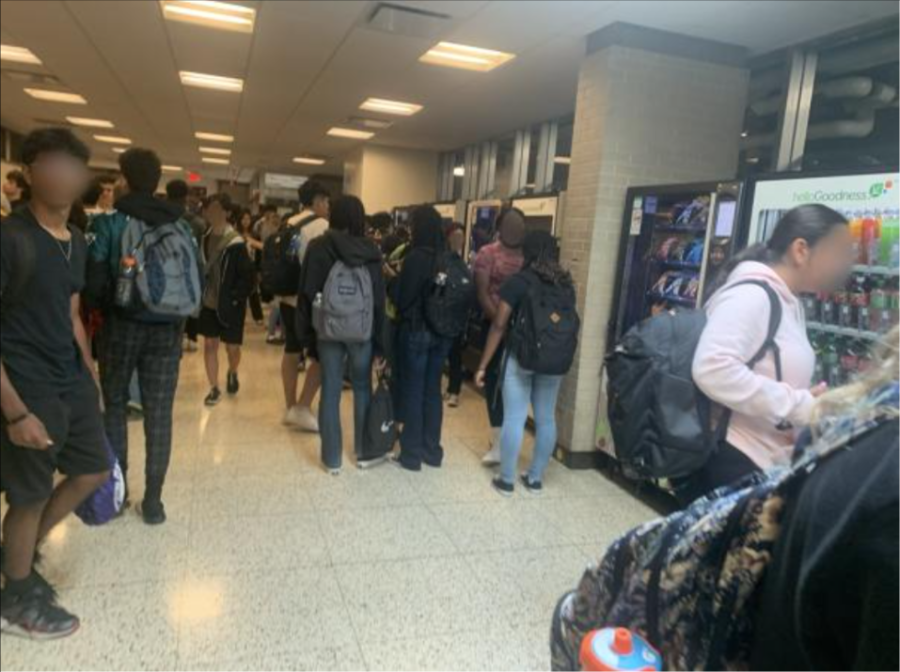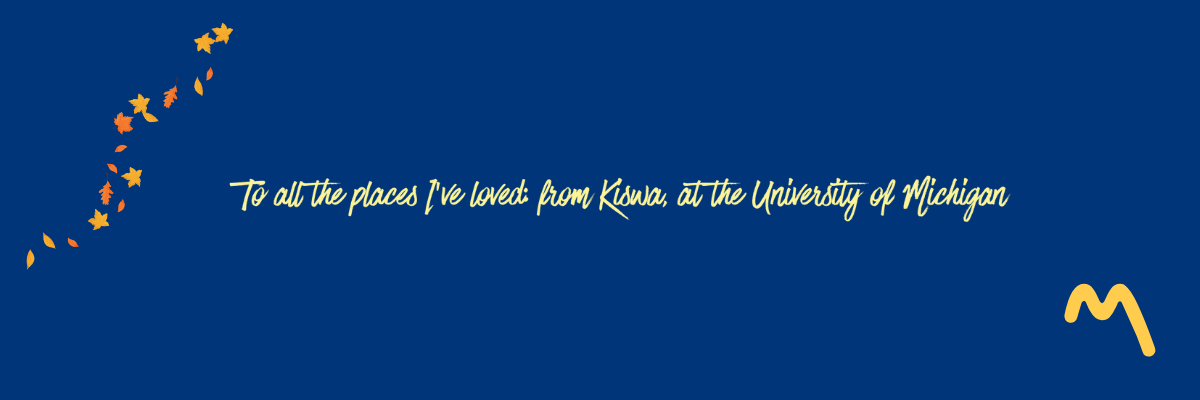On Aug. 19, 2014, the terrorist organization, Islamic State in Iraq and Syria (ISIS), beheaded journalist James Foley. Then, on Sept. 9, 2014, it surfaced that ISIS beheaded another American journalist, Steven Sotloff. The executions of both of these events not only has a huge impact on the United States’ involvement in the destruction of ISIS, but it has a more personal impact on me.
As a high school journalist, who hopes to one day go into the field, these events, among many others, have shaken me. Not only are Foley’s and Sotloff’s beheadings explicit examples of how far terrorist organizations are willing to try to intimidate governments, but it also proves how truly dedicated and brave one must be to be a journalist in an unstable arena these days.
Before Foley’s and Sotloff’s deaths, I had heard of journalists being taken hostage, risking their lives, reporting under high pressure situations, and being killed, but I had never realized the extent of the danger and chaos that most war correspondents have to manage in order to obtain their facts and write their stories.
Journalism might be genetic in my family. My mother is a freelance writer and Public Relations professional. Her grandfather was a newspaper reporter in Indiana, her grand-uncle was the first sports information director for a Big Ten university, and one of our cousins worked for Newsweek. So, I do not find it surprising that I fell in love with writing and have wanted to be a journalist since seventh grade. After reading the news of Foley’s death, I momentarily reconsidered my decision to major in journalism in college. However, after that initial shock, I realize his death has only further inspired me to become a professional journalist.
Being a journalist during these times of national conflict, such as the events transpiring in Ferguson, and international conflict, like the ISIS threats and beheadings and the Ebola outbreak, only further my belief that journalists must be some of the strongest, most determined, and most dedicated people to not just their work, but to the populace of the world.
As a high school journalist who has yet to experience the work of a professional journalist, I have learned from the deaths of Foley, Sotloff, and the many others around the globe that journalists can be real life heroes. They can travel to war zones to bring the world the facts and photos of what is happening beyond the safe confines of government press conferences. They risk getting into situations from which they cannot escape, sacrificing their lives to their work.
Now when I read the news that comes from the reporters covering high pressure beats, I not only take the time to read the work they risk their lives for, but I silently thank them for what they do and for giving me the inspiration to one day become a journalist like them.



